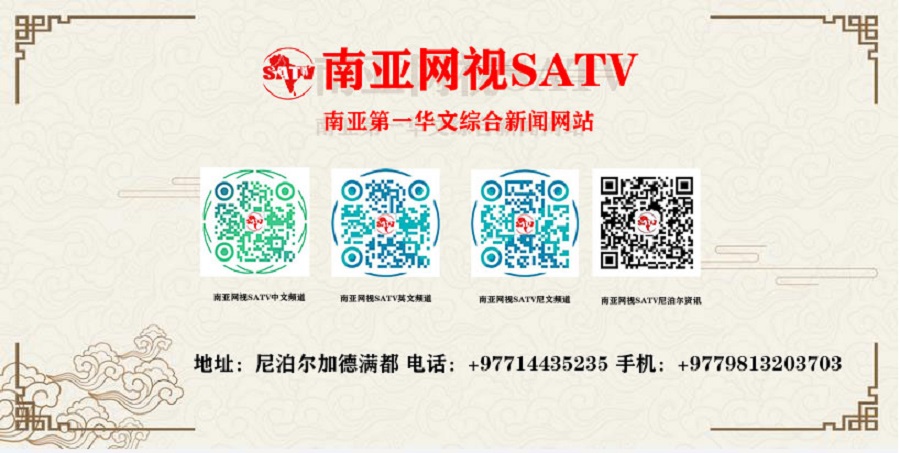
Russia and China on Thursday vetoed a US-drafted United Nations Security Council resolution to strengthen sanctions on North Korea in a vote the US ambassador to the UN called dangerous, disappointing and likely to fuel Pyongyang's program to develop nuclear-capable missile systems.
The move comes after more than a dozen North Korean ballistic missile tests this year, all of which violated previous UN resolutions and which US officials argued necessitated another international response.
A resolution needs nine "yes" votes and no vetoes by the permanent members of Russia, China, France, the United Kingdom or the United States to be adopted by the UN Security Council. The 13 other members of the Security Council voted to adopt the resolution.
US Ambassador to the UN Linda Thomas-Greenfield blasted the vetoes from Russia and China, which hadn't blocked any of the nine previous sanction votes made since 2006, saying the gravity of the threat from North Korea's weapons program has not changed.
"For the first time in 15 years, a UN Security Council member has used a veto to stop the council from fulfilling its responsibility to hold the DPRK (North Korea) accountable for its unlawful proliferation," the US envoy said in a statement made on behalf of the US, Japan and South Korea.
"The vetoes today are dangerous. Those members today have taken a stance that not only undermines the Security Council's previous action to which they have committed but also undermines our collective security."
Speaking in a session at UN headquarters, Thomas-Greenfield added: "These council members have decided to shield a proliferator from facing the consequences of its actions and they have demonstrated the worthlessness of their word by giving an explicit nod of approval to the DPRK."
North Korea has tested missiles on at least 16 occasions this year, the latest on Wednesday, when it fired three missiles. At least one of North Korea's tests this year was believed to be of an intercontinental ballistic missile that could hit the US mainland.
China's ambassador to the UN argued new sanctions on North Korea would not stop its weapons program and may instead increase its level of testing.
New sanctions could also put further pressure on the humanitarian situation in North Korea as it grapples with the effects of the Covid-19 pandemic, Ambassador Zhang Jun said.
Russia's envoy also cited the Covid situation in North Korea as a reason for its veto.
"The strengthening of the sanctions pressure on Pyongyang is not only useless but it's extremely dangerous from the humanitarian consequences of such measures," Russian Ambassador to the UN Vasily Alekseevich Nebenzya said in translated comments after the vote.
Nebenzya said the past 15 years of sanctions pressure on North Korea had not worked.
"Starting in 2006, many restrictive resolutions were adopted against Pyongyang, however as history has shown us, the paradigm of sanctions has still not been able to guarantee security in the region or resolve issues of missile and nuclear non-proliferation," the Russian envoy said.
Leading up to the vote, both China and Russia had urged Washington to issue a presidential statement instead of introducing the draft Security Council resolution.
But Thomas-Greenfield, the US ambassador, said China and Russia were not even open to discussion of new sanctions on Pyongyang.
"We have been circulating a draft of this resolution for nine weeks. In that time, the countries vetoing this resolution have refused to engage on the text, despite our commitment to inclusivity and flexibility during consultations," she said.













